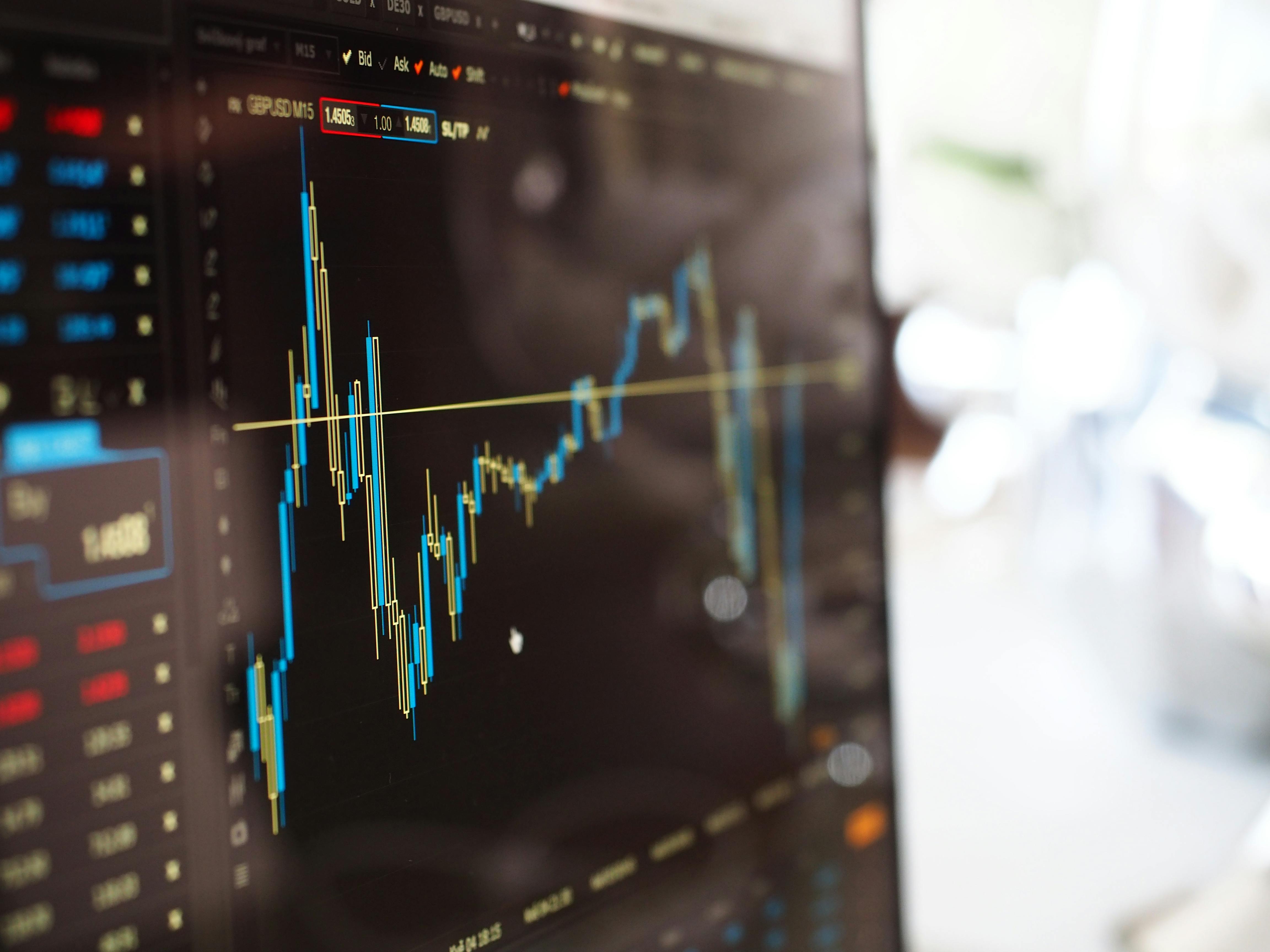The Rise of Robinhood: How Technology Is Changing the Share Market Landscape
Few platforms have had as much of an influence on the financial industry as Robinhood. Since its founding in 2013, Robinhood has grown swiftly to rank among the top investing applications for the share market, especially among millennial investors. It has altered how people purchase and sell shares in just a few short years, upending the status quo of traditional stock trading, and is now a driving force behind democratizing stock market access. We will look at how Robinhood has been successful and what that means for investing in the future in this essay.

At its core, Robinhood’s appeal lies in its simplicity. The app offers commission-free trades, making it an attractive option for novice investors who may have been deterred by the high fees charged by traditional brokerage firms. The app is also incredibly user-friendly, with a sleek interface that makes trading shares as easy as buying a product on Amazon. In a world where convenience and accessibility are highly valued, Robinhood’s appeal is clear. Check here on Buying Stocks today!
Another key factor in Robinhood’s success has been its focus on mobile technology. The app is designed specifically for use on smartphones, which is quickly becoming the primary device for everything from shopping to banking. By catering to this trend, Robinhood has tapped into a massive market of tech-savvy investors who value convenience and accessibility above all else.
Perhaps most importantly, however, Robinhood has emerged as a major player in the so-called “gamification” of investing. The app offers features like leaderboards, which allow users to see how they stack up against other investors, as well as notifications that encourage users to buy and sell based on market trends. This has led to accusations that Robinhood is turning investing into a game, drawing in new investors who may not fully understand the risks involved. Check here on Buying Stocks today!
Despite these concerns, there can be no doubt that Robinhood has had a massive impact on the stock market. The app boasts more than 13 million users, making it one of the largest brokerages in the world. Its success has also inspired a whole new crop of companies to enter the commission-free trading space, including major players like Charles Schwab and TD Ameritrade.
Of course, Robinhood’s rise has not been without its controversies. In recent months, the company has come under fire for its handling of the Gamestop saga, in which a group of Reddit users coordinated a short squeeze on the struggling video game retailer’s stock, driving its price up to unprecedented levels. In response, Robinhood temporarily restricted trading of Gamestop shares, sparking outrage among investors and leading to accusations of market manipulation in the share market.
Despite these controversies, Robinhood’s impact in the share market is undeniable. By making it easier and more affordable for people to invest in the stock market, the app has helped to democratize access to a realm that was once reserved for wealthy individuals and institutional traders. This has the potential to reshape the investing landscape, opening up new opportunities for the average person to build wealth and achieve financial independence.





